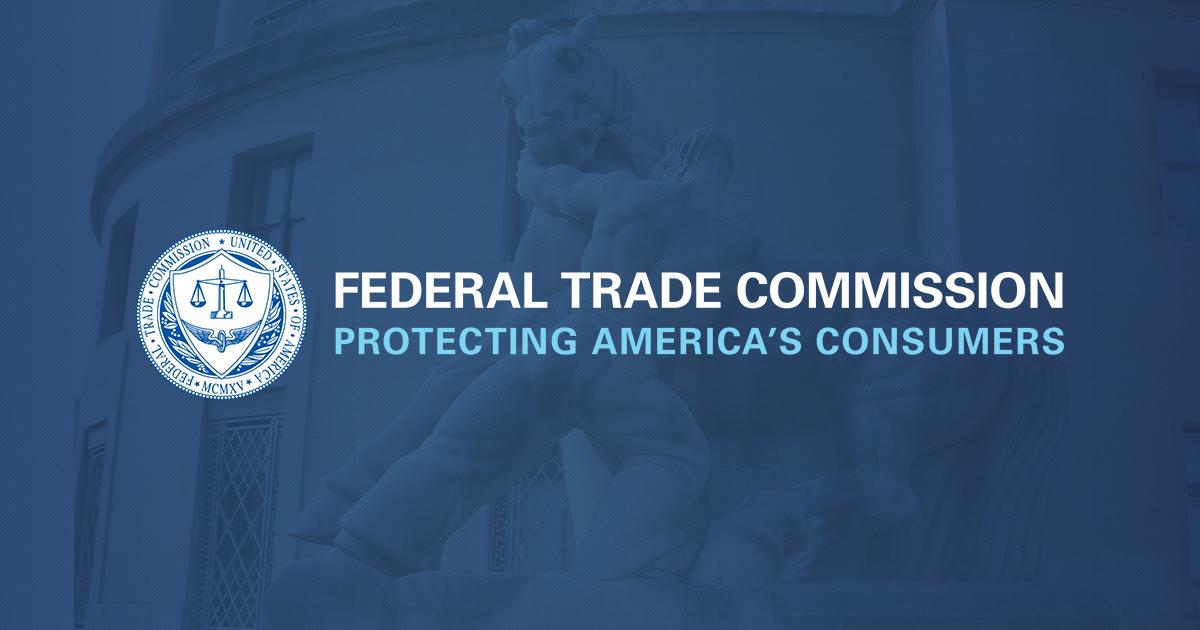Becton, Dickinson and Company and C. R. Bard, Inc. have agreed to divest two medical device product lines to settle Federal Trade Commission charges that Becton, Dickinson’s proposed $24 billion acquisition of Bard would negatively impact competition in those markets. Both companies supply a range of medical devices to health care organizations, healthcare workers, and pharmaceutical companies.
According to the FTC’s complaint the acquisition, as it was initially proposed, would likely harm competition by combining the top two suppliers in the U.S. markets for tunneled home drainage catheter systems and soft tissue core needle biopsy devices.
Tunneled home drainage catheter systems are used to treat recurrent fluid build-up in the lungs and abdomen, often caused by cancer or another serious illness, and requiring frequent fluid drainage. After a medical doctor places the indwelling catheter, the device allows fluid drainage to take place conveniently in a patient’s home or in a hospice setting.
Outpatient medical procedures to reduce fluid build-up are not suitable alternatives to tunneled home drainage catheter systems because they require repeated trips to a healthcare facility to see a doctor. Becton, Dickinson and Bard are the two largest manufacturers of tunneled home drainage catheter systems in the United States, with a combined market share of approximately 98 percent.
Soft tissue core needle biopsy devices are typically used by medical clinicians, generally interventional radiologists or oncologists, to remove small samples of tissue from soft tissue organs for examination and diagnosis. Other biopsy devices, such as bone or bone marrow biopsy devices, are not approved or intended for use in soft tissue biopsies. Becton, Dickinson and Bard are the two largest manufacturers of soft tissue core needle biopsy devices in the United States, with a combined market share of 60 percent or greater.
According to the complaint, new competition in these markets or expansion by current competitors would be unlikely because of the large investment of time and money required for product research and development, regulatory approval by the FDA, and establishment of an effective sales and marketing infrastructure.
Under the terms of a settlement with the FTC, Becton, Dickinson’s soft tissue core needle biopsy device business and Bard’s tunneled home drainage catheter system business will be divested to Utah-based medical device supplier Merit Medical Systems, Inc. Merit is a global medical device company with experience manufacturing and selling biopsy and drainage products, as well as a track record of integrating acquired products into its business.
Under the proposed order, Becton, Dickinson and Bard are required to maintain the businesses pending divestiture, to transfer all necessary intellectual property and manufacturing equipment, and to provide contract manufacturing of the products until Merit is able to manufacture them, as well as other transitional services. The proposed order also provides for the Commission to appoint a monitor to ensure compliance with the order, and to appoint a divestiture trustee if needed.
Further details about the consent agreement are set forth in the analysis to aid public comment for this matter.
Commission staff and the staff of antitrust agencies in China, the European Union, Mexico, and South Africa worked cooperatively to analyze the proposed transaction and remedies.
The Commission vote to issue the complaint and accept the proposed consent order for public comment was 2-0. The FTC will publish the consent agreement package in the Federal Register shortly. The agreement will be subject to public comment for 30 days, beginning today and continuing through January 23, 2018, after which the Commission will decide whether to make the proposed consent order final. Comments can be filed electronically or in paper form by following the instructions in the “Supplementary Information” section of the Federal Register notice.
NOTE: The Commission issues an administrative complaint when it has “reason to believe” that the law has been or is being violated, and it appears to the Commission that a proceeding is in the public interest. When the Commission issues a consent order on a final basis, it carries the force of law with respect to future actions. Each violation of such an order may result in a civil penalty of up to $40,654.
The Federal Trade Commission works to promote competition, and protect and educate consumers. You can learn more about how competition benefits consumers or file an antitrust complaint. Like the FTC on Facebook, follow us on Twitter, read our blogs and subscribe to press releases for the latest FTC news and resources.

